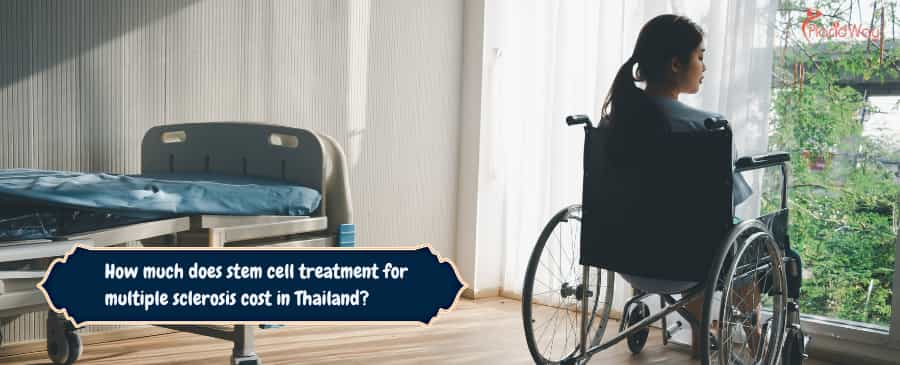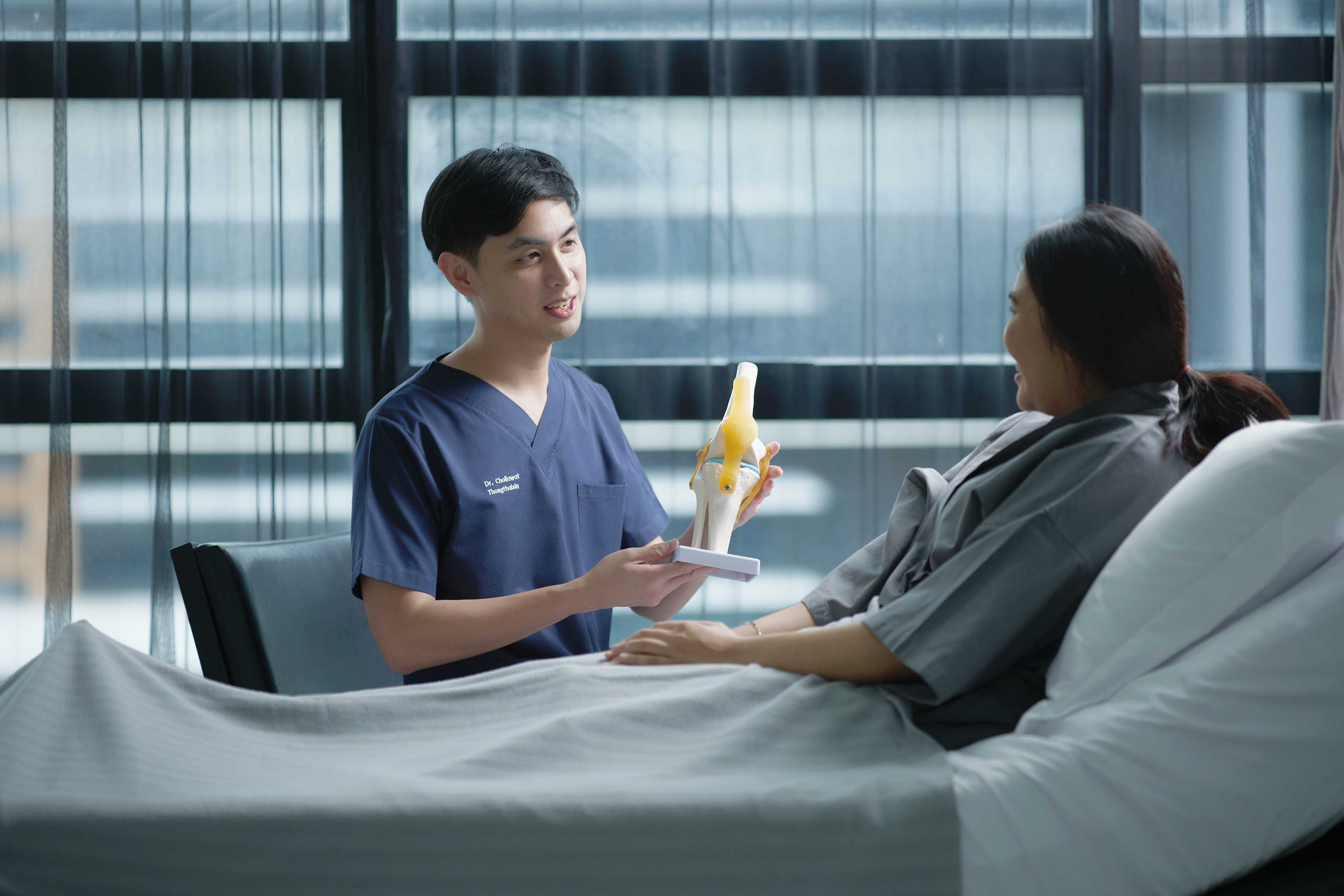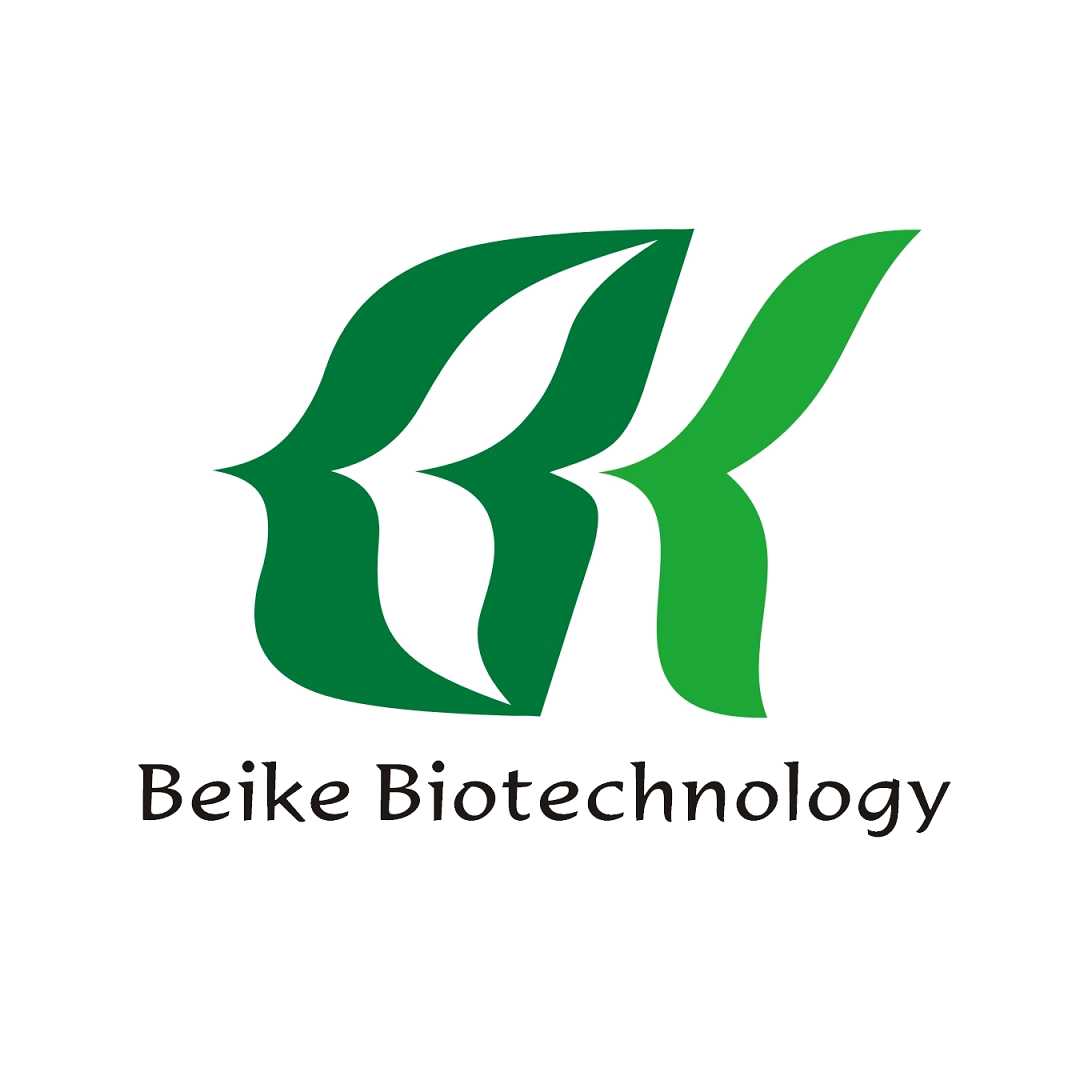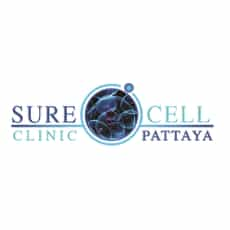Stem Cell Treatment MS Thailand

Dealing with Multiple Sclerosis can be challenging, and exploring innovative treatments like stem cell therapy offers a ray of hope for many. Thailand has emerged as a popular destination for medical tourism, including stem cell treatment for MS, due to its advanced medical facilities, experienced specialists, and often more affordable prices compared to Western countries. This blog post aims to shed light on the costs involved and answer frequently asked questions about this promising treatment in Thailand.
How much does stem cell treatment for Multiple Sclerosis cost in Thailand?
"Stem cell treatment for Multiple Sclerosis (MS) in Thailand can range from approximately $10,000 to $30,000 USD per treatment, though prices can vary significantly based on the clinic, the type of stem cells used, and the complexity of the treatment plan."
The cost of stem cell therapy for MS in Thailand is influenced by several factors, making it difficult to pinpoint an exact universal price. Generally, patients can expect to pay anywhere from $10,000 to $30,000 USD for a comprehensive treatment course. This range typically includes the medical procedures, initial consultations, laboratory tests, and often some post-treatment follow-up. While this might seem like a substantial investment, it's often considerably less than the costs associated with similar treatments in countries like the United States or Western Europe, which can easily exceed $50,000 USD or more for a single course of treatment for complex neurological conditions. Thailand's lower operational costs, coupled with a robust medical tourism infrastructure, contribute to these competitive prices.
What factors influence the cost of MS stem cell therapy in Thailand?
"The cost of MS stem cell therapy in Thailand is primarily influenced by the type of stem cells used (e.g., mesenchymal, umbilical cord, bone marrow), the number of cells administered, the reputation and expertise of the clinic, the duration and complexity of the treatment protocol, and package inclusions."
Several key factors play a role in determining the final price of stem cell treatment for MS in Thailand. The most significant factor is the type of stem cells utilized. For instance, mesenchymal stem cells (MSCs) derived from umbilical cord blood or adipose tissue are commonly used for their immunomodulatory and regenerative properties in MS treatment. The quantity and dosage of stem cells required for optimal therapeutic effect also impact the cost; a higher number of cells generally translates to a higher price. Furthermore, the clinic's reputation and the experience of its medical team can influence pricing, with highly accredited and well-known facilities often charging more for their specialized expertise. The treatment protocol's complexity, including the number of infusions or injections, diagnostic tests, and any adjunctive therapies (like rehabilitation or nutritional support), will also contribute to the overall cost. Finally, many clinics offer all-inclusive packages that might cover accommodation, airport transfers, and interpreter services, which can add to the total cost but offer convenience.
Are there different types of stem cells used for MS treatment, and do they vary in cost?
"Yes, various types of stem cells are used for MS treatment, including mesenchymal stem cells (MSCs) from umbilical cord, adipose tissue, or bone marrow, and hematopoietic stem cells (HSCs). The cost can vary, with more readily available or less invasively harvested cells often being less expensive."
The field of stem cell therapy for Multiple Sclerosis is constantly evolving, with different types of stem cells showing promise. Mesenchymal Stem Cells (MSCs) are frequently employed due to their ability to modulate the immune system, reduce inflammation, and potentially promote tissue repair. MSCs can be sourced from various tissues, such as umbilical cord blood, adipose (fat) tissue, or bone marrow. Treatments using umbilical cord MSCs or adipose-derived MSCs might be more accessible and potentially less expensive than bone marrow-derived MSCs, as their extraction is less invasive. Another approach involves Hematopoietic Stem Cells (HSCs), often used in a procedure called Hematopoietic Stem Cell Transplantation (HSCT), which is a more intensive and typically more expensive treatment aimed at resetting the immune system. The specific type of stem cell chosen often depends on the patient's condition, the clinic's expertise, and the desired therapeutic outcome, with costs reflecting the complexity of procurement and administration.
Is stem cell treatment for MS in Thailand covered by insurance?
"Generally, stem cell treatment for Multiple Sclerosis in Thailand is not covered by standard health insurance as it is often considered an experimental or investigational therapy by most insurance providers globally."
The vast majority of health insurance policies, both domestic and international, do not provide coverage for stem cell therapy for MS, or indeed for many other conditions. This is primarily because many stem cell treatments, while promising, are still considered experimental or investigational by regulatory bodies and insurance companies, meaning they haven't yet received full approval as standard medical care. Patients should be prepared to cover the costs out-of-pocket. It is crucial to verify with your specific insurance provider before planning any treatment to understand what, if anything, might be covered, though full coverage for stem cell treatment for MS in Thailand is highly unlikely. Some clinics may offer financing options or payment plans, which could help manage the financial burden.
What does a typical stem cell treatment package for MS in Thailand include?
"A typical stem cell treatment package for MS in Thailand often includes initial medical consultations, diagnostic tests (e.g., MRI, blood work), the stem cell harvesting and preparation, the stem cell administration procedure(s), post-treatment follow-up, and sometimes additional services like accommodation and airport transfers."
When considering stem cell therapy for Multiple Sclerosis in Thailand, many clinics offer comprehensive packages designed to streamline the process for international patients. These packages typically encompass the core medical procedures:
- Initial Medical Consultation: A thorough assessment by a specialist to determine suitability for treatment.
- Diagnostic Tests: This can include advanced imaging like MRI scans, blood tests, and neurological evaluations to assess the patient's condition.
- Stem Cell Harvesting and Preparation: The process of obtaining the stem cells (e.g., from bone marrow, adipose tissue, or utilizing umbilical cord-derived cells) and preparing them for administration.
- Stem Cell Administration: The actual procedure(s) for delivering the stem cells, which could be intravenous infusions, intrathecal injections, or a combination.
- Post-Treatment Follow-up: This includes medical check-ups and potentially some initial rehabilitation advice or medication. Beyond the medical aspects, many clinics catering to medical tourists will also include:
- Accommodation: Stays at partner hotels or guesthouses.
- Airport Transfers: Convenient transportation to and from the airport.
- Interpreter Services: To facilitate communication between the patient and medical staff. It's essential for patients to meticulously review what each package includes to avoid any unexpected costs.
How long does stem cell treatment for MS typically take in Thailand?
"The duration of stem cell treatment for MS in Thailand can vary, but typically involves a stay of 5 to 14 days for the active treatment phase, with individual sessions often lasting a few hours, followed by a recovery period."
The actual stem cell administration itself is usually a relatively short procedure, often taking a few hours per session. However, the overall treatment process for MS in Thailand requires a longer stay to accommodate initial consultations, diagnostic tests, stem cell harvesting (if autologous cells are used), multiple administration sessions, and initial recovery and observation. Patients might need to stay in Thailand for 5 to 14 days for the primary treatment phase. This allows for adequate medical supervision and ensures the patient is stable before returning home. The total duration can depend on the specific protocol designed for the individual and the number of stem cell infusions or injections required. Post-treatment, continued monitoring and potentially ongoing rehabilitation in the patient's home country are often recommended to maximize the benefits of the therapy.
What are the potential benefits of stem cell treatment for MS?
"The potential benefits of stem cell treatment for Multiple Sclerosis include reducing inflammation, promoting myelin repair, protecting nerve cells from further damage, slowing disease progression, and improving neurological function and quality of life."
Stem cell therapy holds significant promise for individuals living with Multiple Sclerosis by addressing several key aspects of the disease. Firstly, stem cells, particularly mesenchymal stem cells (MSCs), possess powerful immunomodulatory properties, which can help to regulate the overactive immune response characteristic of MS, thereby reducing inflammation in the brain and spinal cord. Secondly, there's evidence suggesting that stem cells can contribute to myelin repair (remyelination), which is crucial as MS involves the destruction of the myelin sheath protecting nerve fibers. They may also protect existing neurons from further damage and enhance the overall health of nerve tissue. For many patients, this can lead to slowing disease progression, reducing the frequency and severity of relapses, and potentially improving neurological function, such as better mobility, reduced fatigue, or enhanced cognitive abilities. Ultimately, the goal is to improve the overall quality of life for individuals with MS.
What are the risks and side effects of stem cell treatment for MS?
"While generally considered safe, stem cell treatment for MS carries potential risks and side effects, including infection at the injection site, allergic reactions, temporary flu-like symptoms, and in rare cases, complications related to the harvesting procedure."
As with any medical procedure, stem cell therapy for MS is not without potential risks, though serious complications are generally rare when performed in reputable clinics. Common, often temporary, side effects can include:
- Pain, swelling, or bruising at the injection or harvesting site.
- Temporary flu-like symptoms such as fever, fatigue, or headache, which usually subside within a day or two. More serious, though infrequent, risks can include:
- Infection at the injection site or from the stem cell processing.
- Allergic reactions to components of the treatment or the stem cells themselves (especially with allogeneic, or donor, cells).
- Complications related to the harvesting procedure, if autologous cells are used (e.g., bone marrow aspiration carries a small risk of bleeding or infection).
- In very rare cases, there's a theoretical concern about uncontrolled cell growth (tumor formation), though this risk is considered extremely low with clinically applied adult stem cells. It's vital for patients to have a detailed discussion with their medical team about all potential risks and benefits.
How do I choose a reputable clinic for stem cell treatment in Thailand for MS?
"Choosing a reputable clinic for stem cell treatment for MS in Thailand involves looking for international accreditation (e.g., JCI), experienced medical professionals with specialized training in regenerative medicine and neurology, transparent pricing, patient testimonials, and adherence to ethical guidelines and safety protocols."
Selecting the right clinic is paramount for safe and effective stem cell treatment for Multiple Sclerosis in Thailand. Here are key considerations:
- Accreditation and Licensing: Look for clinics with international accreditations like Joint Commission International (JCI), which signifies adherence to high standards of patient care and safety. Ensure the clinic is licensed by the Thai Ministry of Public Health.
- Expertise of Medical Staff: Verify that the doctors are board-certified, have extensive experience in regenerative medicine and neurology, and ideally, have specific training in stem cell therapies for MS.
- Transparency and Communication: A reputable clinic will be transparent about the treatment plan, potential outcomes, risks, and costs. They should answer all your questions clearly and provide comprehensive information.
- Ethical and Safety Protocols: Inquire about their stem cell sourcing, processing, and administration methods. Ensure they adhere to stringent safety and ethical guidelines.
- Patient Testimonials and Reviews: While not the sole factor, positive patient experiences and testimonials can offer insights into the clinic's quality of care.
- Customized Treatment Plans: A good clinic will offer a personalized treatment plan based on your specific condition and medical history, rather than a generic approach.
What is the success rate of stem cell treatment for MS?
"The success rate of stem cell treatment for MS is difficult to quantify universally, as it varies widely based on the type of MS, disease progression, the specific stem cell protocol, and individual patient response. While many patients experience improvements in symptoms and stabilization of the disease, a 'cure' is not typically promised."
Defining a definitive "success rate" for stem cell treatment for Multiple Sclerosis is complex because the outcome is highly individualized. Success can mean different things to different patients—from slowing disease progression and reducing relapse frequency to improving specific neurological symptoms like mobility or fatigue. Clinical studies and anecdotal evidence suggest that many patients experience:
- Stabilization of the disease: Fewer relapses and a reduction in new lesion activity.
- Improvement in symptoms: Enhanced mobility, reduced fatigue, better balance, or improved cognitive function.
- Slowing of disease progression: Delaying or preventing further neurological decline. It's crucial to understand that stem cell therapy for MS is not a guaranteed cure, and individual responses can differ greatly. The most promising results are often observed in patients with earlier stages of the disease or those with relapsing-remitting MS. Patients should discuss realistic expectations with their medical team.
How does stem cell therapy compare to conventional MS treatments in terms of cost and effectiveness?
"Stem cell therapy for MS can be a significant upfront investment, potentially costing more than a single year of conventional disease-modifying therapies (DMTs), but it offers the potential for long-term symptom improvement and disease stabilization, potentially reducing the need for ongoing, expensive conventional medications."
Comparing stem cell therapy to conventional Multiple Sclerosis treatments involves looking at both immediate and long-term costs and effectiveness.
- Cost: Conventional disease-modifying therapies (DMTs) for MS can be very expensive, often costing tens of thousands of dollars annually, and are typically lifelong treatments. While a stem cell treatment course in Thailand might have a higher upfront cost (e.g., $10,000-$30,000), it offers the potential for sustained improvements, potentially reducing or even eliminating the need for continuous DMTs, which could lead to long-term savings.
- Effectiveness: DMTs aim to reduce relapse rates and slow disease progression by modulating the immune system. Stem cell therapy, especially certain types like HSCT, aims to reset the immune system or promote repair, offering a different mechanism of action. Many patients who haven't responded well to conventional DMTs explore stem cells as an alternative. While DMTs have established efficacy, stem cell therapy offers a different pathway to potentially more profound and lasting benefits, especially for those with aggressive forms of MS or those seeking to halt progression more definitively.
What is the recovery process like after stem cell treatment for MS?
"The recovery process after stem cell treatment for MS typically involves a period of rest and observation, followed by a gradual return to normal activities. Patients may experience mild fatigue or discomfort initially, and a structured rehabilitation program is often recommended to maximize therapeutic outcomes."
After receiving stem cell treatment for Multiple Sclerosis, patients can expect a period of recovery and observation. Immediately following the procedure, some patients may experience mild fatigue, soreness at the injection sites, or flu-like symptoms that usually resolve within a few days. Clinics in Thailand often recommend a short period of rest and monitoring. The recovery process extends beyond the immediate post-treatment phase. To maximize the potential benefits of the stem cell therapy, patients are often advised to:
- Follow a healthy lifestyle: Including a balanced diet and adequate sleep.
- Engage in physical therapy or rehabilitation: Tailored exercises can help improve strength, balance, and mobility, enhancing neurological function.
- Avoid strenuous activities: For a period recommended by the doctor.
- Attend follow-up appointments: To monitor progress and address any concerns. The full effects of stem cell therapy can take weeks to months to become apparent as the cells integrate and exert their regenerative and immunomodulatory effects. Ongoing communication with the medical team, even after returning home, is often part of the comprehensive care plan.
Are there any age restrictions for stem cell treatment for MS in Thailand?
"While there are no universal strict age restrictions for stem cell treatment for MS in Thailand, clinics typically assess each patient individually based on their overall health, disease severity, and ability to withstand the procedure, rather than solely on age."
Clinics offering stem cell treatment for Multiple Sclerosis in Thailand generally do not impose rigid age limits. Instead, the decision to treat is based on a comprehensive assessment of the patient's individual circumstances. Key factors considered include:
- Overall Health and Co-morbidities: The patient's general health status, including any other medical conditions, is crucial. Patients must be healthy enough to undergo the procedure safely.
- Disease Severity and Progression: The stage and activity of MS are important. Some protocols may be more beneficial for certain forms of MS or at specific disease stages.
- Ability to Withstand the Procedure: The patient's physical and mental capacity to undergo the treatment, including any necessary harvesting procedures or multiple infusions, is evaluated.
- Realistic Expectations: Clinics will also assess whether the patient has realistic expectations regarding the potential outcomes of the therapy. While older patients may be considered, their suitability will depend heavily on their overall fitness and the absence of significant health complications that could increase procedural risks.
What should I prepare before traveling to Thailand for MS stem cell treatment?
"Before traveling to Thailand for MS stem cell treatment, you should gather all your medical records, secure your passport and visa (if required), arrange travel insurance, plan for accommodation and local transportation, and communicate thoroughly with your chosen clinic."
Careful preparation is key for a smooth experience when traveling for stem cell treatment for Multiple Sclerosis in Thailand. Here’s a checklist:
- Medical Records: Compile all relevant medical documents, including diagnosis reports, MRI scans, previous treatment histories, and current medication lists. Sharing these with the clinic beforehand allows for a thorough pre-assessment.
- Passport and Visa: Ensure your passport is valid for at least six months beyond your planned return date. Research Thailand's visa requirements for your nationality well in advance and apply if necessary.
- Travel and Medical Insurance: While stem cell treatment itself may not be covered, comprehensive travel insurance is essential for any unforeseen medical emergencies or travel disruptions.
- Financial Planning: Ensure you have sufficient funds to cover the treatment costs, accommodation, living expenses, and any contingency.
- Accommodation and Transportation: Discuss with your clinic if they offer assistance with accommodation and airport transfers as part of a package. Otherwise, arrange these well in advance.
- Communication with Clinic: Maintain clear and consistent communication with your chosen clinic regarding your arrival, treatment schedule, and any special needs.
- Medications: Bring any essential personal medications with you in sufficient quantities.
- Comfort Items: Pack comfortable clothing, personal hygiene items, and any entertainment for your stay.
Explore PlacidWay for solutions related to medical tourism, healthcare services, or other relevant offerings.


.png)







.png)






Share this listing